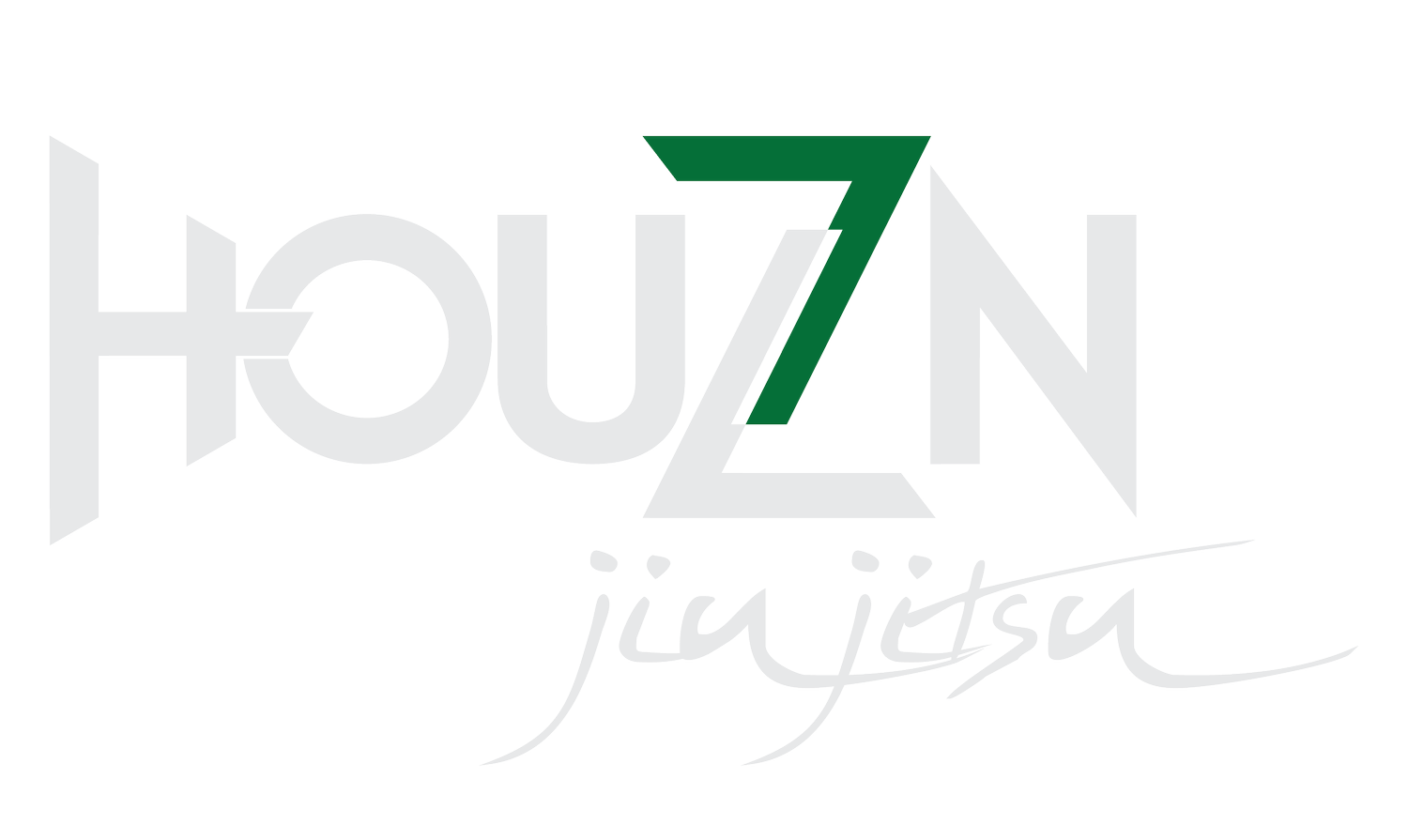POWER OF JIU JITSU
Jiu Jitsu is a Martial Art with the potential to do more in self-development, in changing a diet, exercising, and in adopting general healthy habits than most therapists or doctors appointments.
The benefits of Jiu Jitsu are many. It provides participants with,
Improved core strength and power - Jiu Jitsu is an excellent cardiovascular workout with the added benefit of working the core muscle group while training which helps to improve balance, and overall strength.
Improved mobility and flexibility - Although these terms are used interchangeably, both are important and should be trained throughout development. Mobility is active flexibility, is about control of the body through a large range of motion. In contrast, the term flexibility refers to passive flexibility which is the ability of a muscle to lengthen during passive movements. Mobility is influenced by coordinated movement which in turn is influenced by strength, speed, tissue quality, fatigue, etc. Practicing Jiu Jitsu as a form of dynamic stretching enhances flexibility, and improves mobility development simultaneously.
Many participants also report,
Enhanced Insight and Focus - The continuous training of mind and body allows the practitioner to tap into more subtle senses. Combative drills or sparring develops a heightened state of awareness which helps the practitioner to anticipate the moves of his/her opponent. It requires a lot of focus and control from a Jiu Jitsu practitioner to breath, think fast, and apply the right techniques simultaneously to neutralize or submit an opponent during live sparring. Over time this ability grows allowing the practitioner to feel or “read” the intentions of another before he/she actually makes a move.
Discipline and Patience - As a highly technical discipline, Jiu Jitsu follows a steep learning curve for the beginner. Through hours of repetition practicing the art, the student will gain a great appreciation of the value of discipline and patience.
Creativity - The physical aspect of training Jiu Jitsu energizes the body, helping the practitioner feel vitalized and invigorated. It also allows the practitioner to tap into his/her creative potential. After each practice something new is created, a new body, a new way to react to a threat, a creative response to a situation rather than a predictable and reactive pattern of behavior. As skills grow, creativity starts to flow through naturally.
Self-expression - As the practitioner grows in the art, he/she begins to demonstrate a unique expression of his/her individuality. Once the art of Jiu Jitsu becomes second nature to the practitioner, it takes on the distinctive qualities of who he/she is.
Self-confidence - For many, confidence doesn’t come naturally. It is a skill developed over a period of time. Through Jiu Jitsu, as the student makes progress and accomplishes new goals, his/her level of confidence will increase. Jiu Jitsu instills a sense of self-confidence that can be carried over to all areas of life.
Self-control - Jiu Jitsu prepares the practitioner to be comfortable in uncomfortable situations. It gives the student the ability to remain calm under pressure, and access quickly the best outcome for any given situation.
Self-Defense - The most basic criteria of Jiu Jitsu is self-protection. The beauty of Jiu Jitsu is to equip the practitioner with the tools to defeat any adversary regardless of size, weight, age, or gender. As 97% of fights end up on the ground a Jiu Jitsu practitioner can leverage his/her ability and take advantage of the circumstance, as most people don’t know what to do or how to stop the adversary. The feelings of security and safety that an individual gets from training the art of Jiu Jitsu fulfills one’s need for survival and protection.
It also provides,
Stress relief and lowers blood pressure levels - As intense as it can be, Jiu Jitsu training goes a long way towards stress management because 1. it boosts the feel good endorphins, 2. it’s active meditation, during a training session the student won’t be thinking about the day’s annoyances and worries, and 3. It improves mood, the practitioner will feel more optimistic and find clarity when answering problems. As a result, less cortisol will be released into the bloodstream which contributes to lower blood pressure levels.

